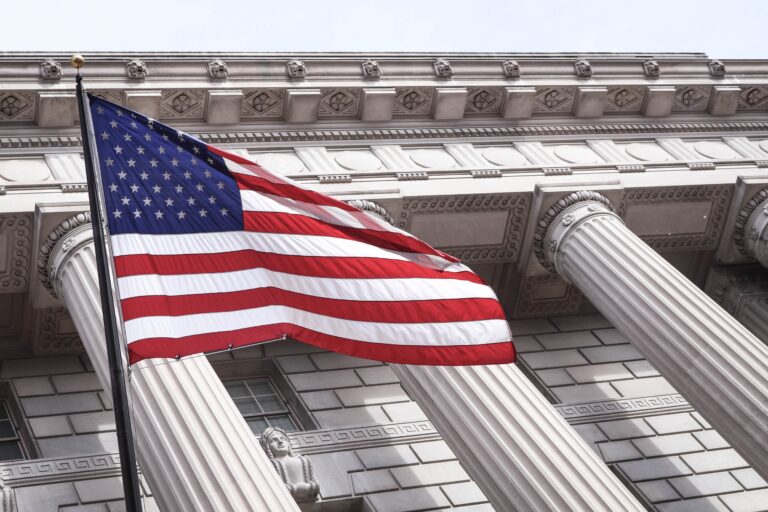
Morning Brief – Cashing in or checking out?
Controversy has been building within the Federal Reserve in recent weeks. Before a recent announcement the private financial circumstances and actions of several individual policy makers brought into question the integrity and independence of the whole monetary institution. Due to the nature of the role as a rate setter on any central bank’s committee, any institution worth its reserves will require the disclosure of and limitations upon public financial asset purchases and sales. For example, if an influential central bank committee member knows that by keeping rates lower and the printing press rumbling then stocks will go up and s/he takes a large position on domestic stocks just before the decision is made public, there’s an evident problem. What has been more poignant for the Fed in recent weeks is just the opposite: when central bankers dump stock, what do they know that the market/public doesn’t?
Disclosures that have recently come under heavy public scrutiny are the trading activities of Boston and Dallas Fed officials, Eric Rosengren and Robert Kaplan this year and last. When the Reserve was desperately trying to react to the unfolding social and potential financial-economic crisis, both of these members were taking considerable risks with their own cash. More importantly, millions of dollars’ worth of equities were purchased to potentially capitalise upon the monetary support that these two members could have known the Fed would subsequently provide. More recently, bringing this debate to the foreground once again, stock disposals, cashing in and getting out of such investments that have paid off as the pandemic has endured, have been disclosed by these key officials. Both resigned from their roles yesterday as a result of the controversy.
Notably these two influential members are ‘hawks’ on the board. That means that versus the rest of the board and wider Reserve, they prefer tighter policy sooner – something the market knows could constrain equity and bond prices in favour of US Dollar cash. Does their recent liquidation therefore point to a Reserve pointing in their favour and serve as a precursor to tighter conditions? Well, perhaps. But for now what is more important is that the future composition of the board has changed overnight. The influences of the outgoing members of the board provided support to the Dollar, balancing against more Dovish members who would otherwise be happy to keep looser policy for longer. How those positions are filled will be critical to USD performance over the coming weeks.
Discussion and Analysis by Charles Porter

Click Here to Subscribe to the SGM-FX Newsletter
Related Insights

Daily Brief – Volatility on offer
Volatility on offer As we approach year end, traded ranges have remained relatively narrow despite significant macroeconomic themes developing. Looking ahead beyond year end, we note the options market continues to severely underprice volatility versus historical standards. Within such an environment, broader risk appetite remains constructive. As a result, the carry trade has continued its […]

Daily Brief – One in three
One in three Until recently, the market had held the probability of a rate cut at the Bank of England’s November meeting at near zero. Above-target inflation and insufficient evidence of faltering economic growth alone suggested the BoE would continue to adopt a wait and see approach. Combine that with the uncertainty of the UK […]

Daily Brief – Just in time?
Just in time? As we wrote yesterday, the latest US government shut down has become the longest in history. The impact upon sentiment and consumption is sure to have been significant but it is too early to identify from the data just how much damage was done. Thanks to the eight democrats who have broken […]



 Charles Porter
Charles Porter